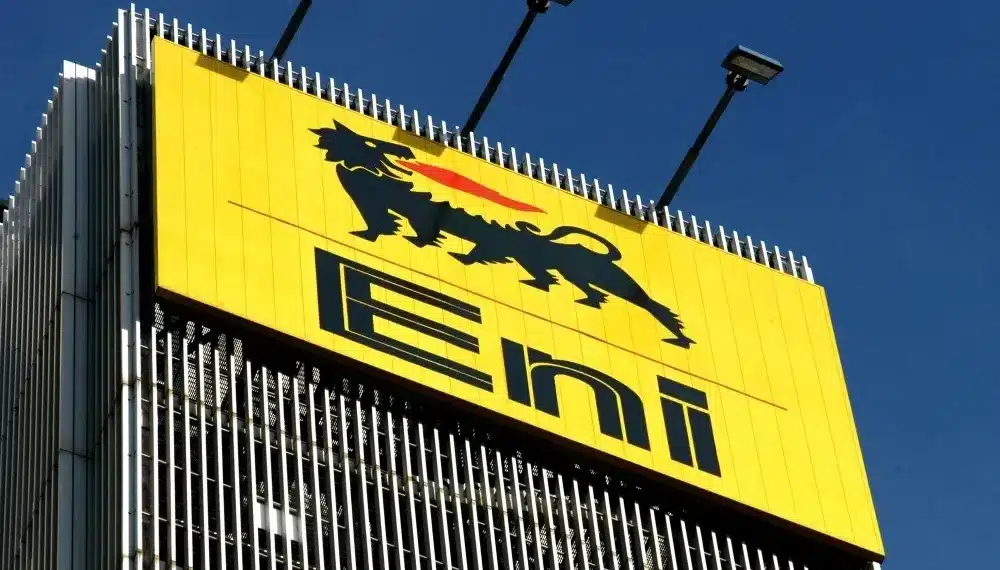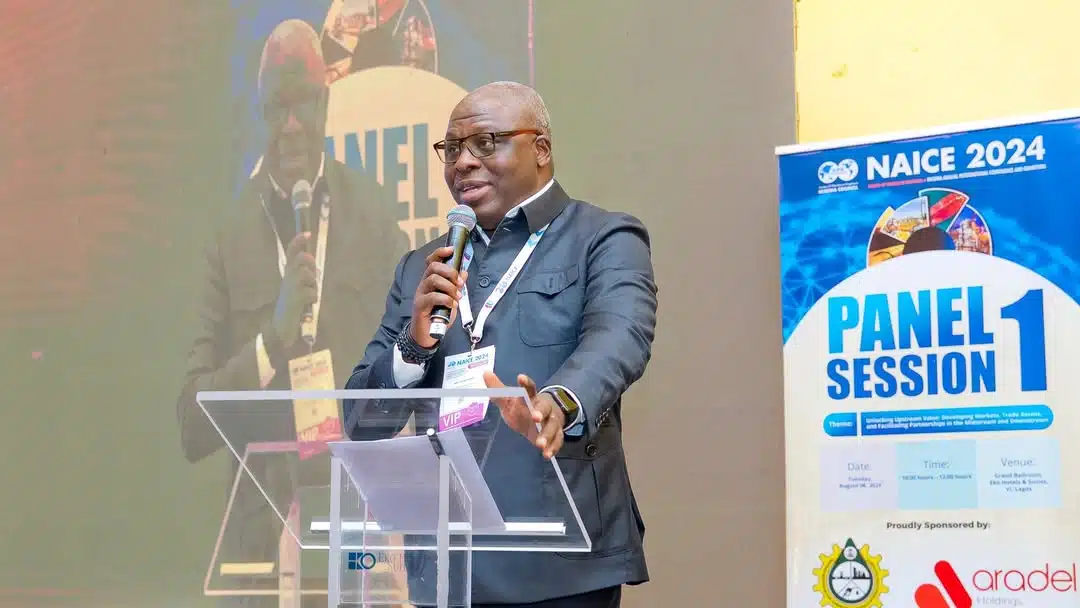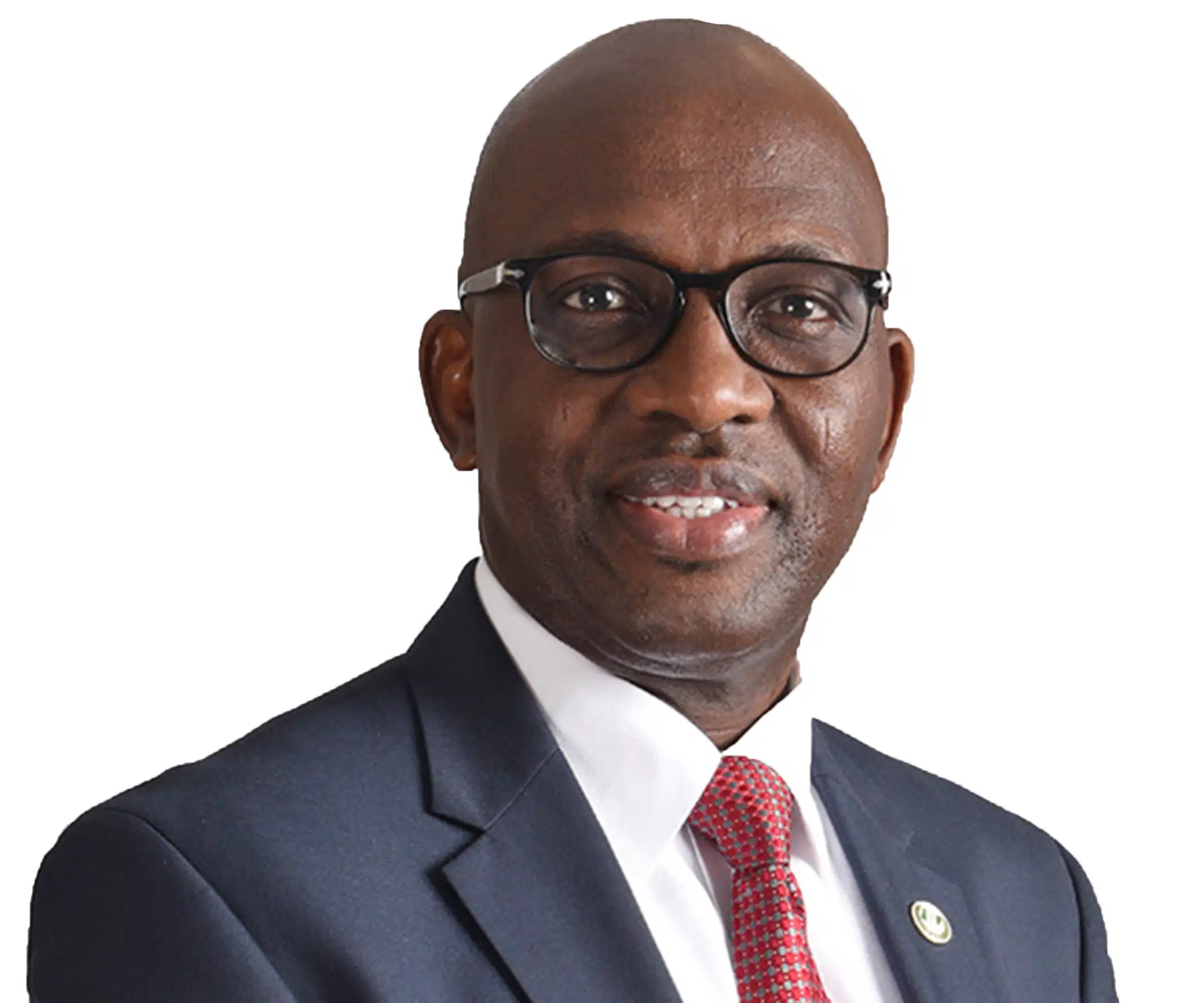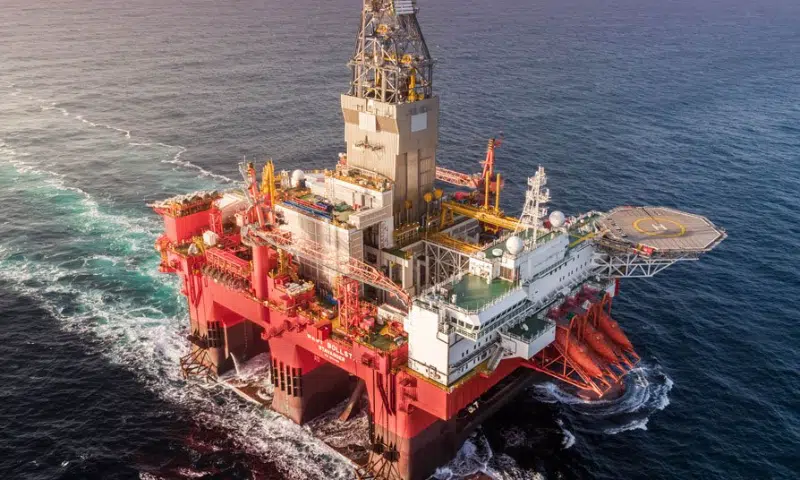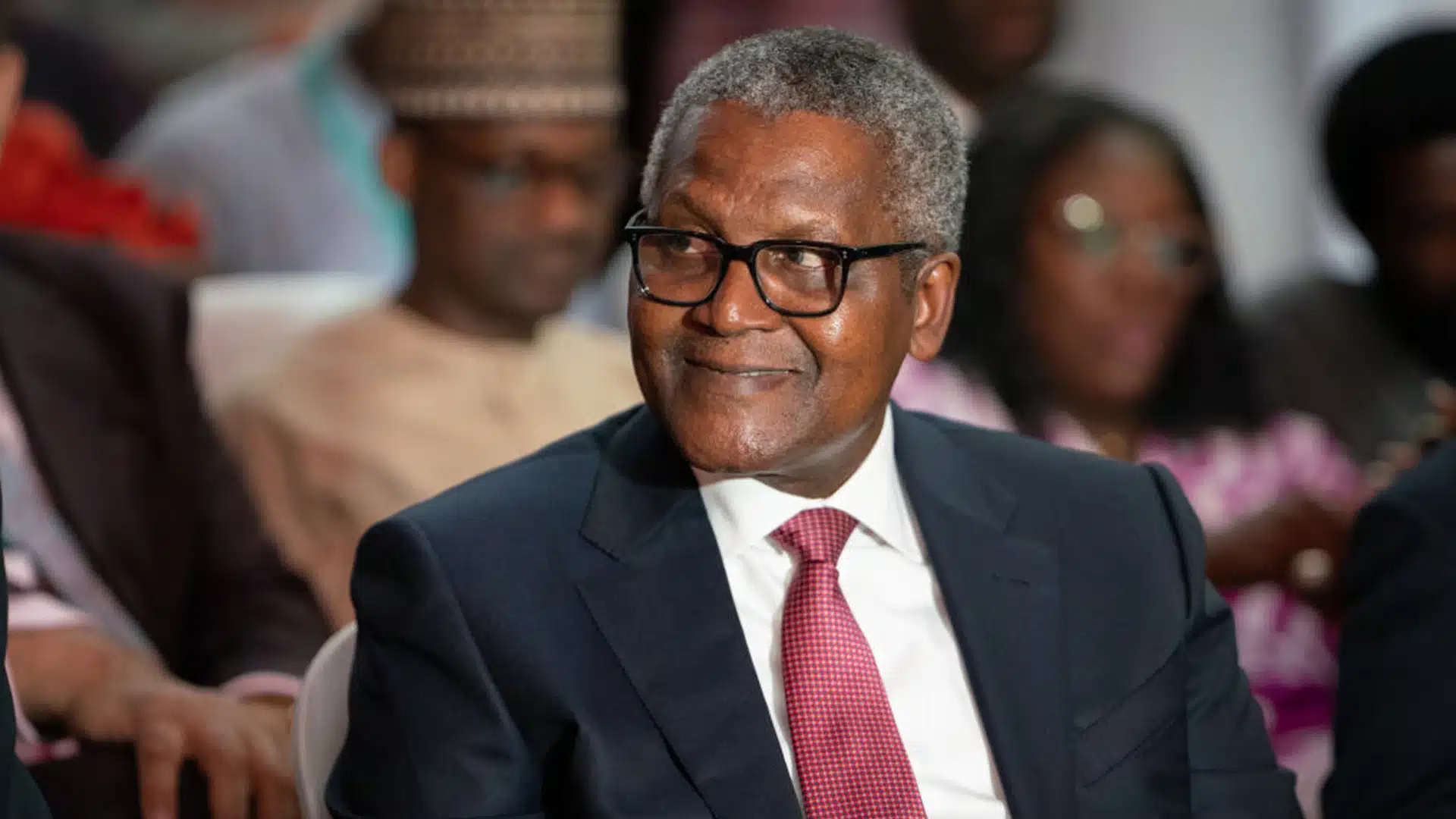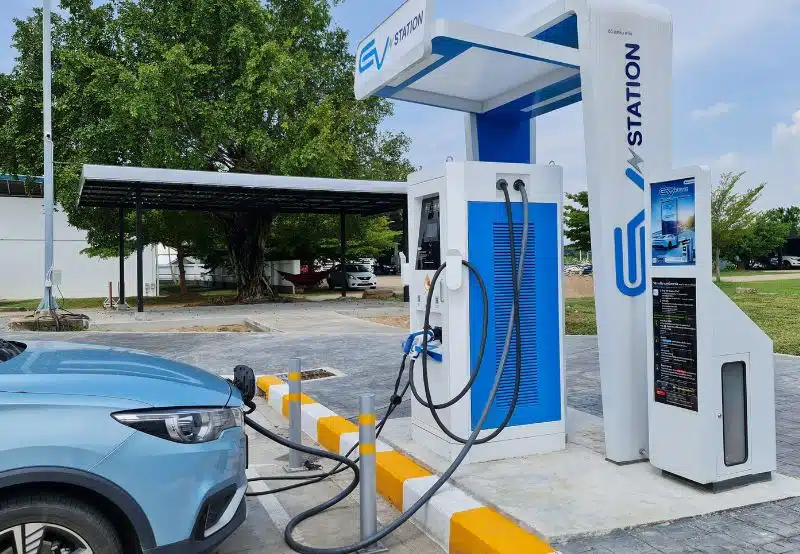Former President Olusegun Obasanjo has disclosed how the Nigerian National Petroleum Corporation (NNPC) Limited rejected a $750 million offer from Aliko Dangote to manage the state-owned refineries.
In an interview with Channels TV, Obasanjo revealed that Dangote and his team paid $750 million to operate the refineries through a public-private partnership (PPP).
However, the offer was rejected by Obasanjo’s successor, the late Musa Yar’Adua, on the advice of the NNPC.
He explained that NNPC convinced Yar’Adua it could revive the refineries, despite warnings from Shell Plc that they were plagued by corruption and mismanagement.
“When I was president, I wanted to do something about the three refineries we have—Port Harcourt, Warri, and Kaduna,” Obasanjo said. “Aliko Dangote called a team after I had asked Shell to come and run it for us, and Shell said they wouldn’t.
“It was after that Aliko Dangote got a team together, and they paid $750 million to take part in PPP on running the refinery. My successor refunded their money. I went to my successor, and I said, ‘Do you know?’ He said NNPC said they wanted the refinery and they can run it. And I said, ‘You know they cannot run it.’
“And I said since that time, you know, that more than $2 billion has been squandered on the refinery, and they still will not work. Anybody can tell you. If a company like Shell tells me what they told me, I will believe them.”
Shell’s rejection of equity stake in Nigerian refineries
Obasanjo also recounted Shell’s refusal to invest in the refineries, even when offered an equity stake.
The former president said Shell declined, citing concerns about the refineries’ insufficient capacity compared to global standards and the systemic corruption surrounding their management and maintenance.
“I asked Shell to come and run it for us, and Shell said they wouldn’t. I said, ‘Please come and take equity stake and run it.’ They said no. Alright, I said, ‘Don’t take equity, come and run it.’ They said no.
“Later on, I called them. I called the boss of Shell to come and tell me why they rejected my offer. And he gave me four or five reasons. He said, first of all, we make our major profit from upstream, not from downstream. Downstream, we run just to keep our head above water.
“Two, our refineries are too small—60,000 barrels, 100,000 barrels, and 120,000 barrels. He said, as at that time, an average refinery was going for 250,000 barrels.
“He said there was too much corruption around the activities of our refinery, and they would not want to get involved in it. When anybody tells you a thing like that, what will you do?”
Challenges with Nigerian refineries
Nigeria’s refineries have suffered decades of mismanagement, leaving them in poor and inoperative conditions.
Recently, NNPC announced that the Port Harcourt and Warri refineries are partially operational, with the latter functioning at 60% capacity.
Despite being a major oil producer, Nigeria has long depended on imports for refined petroleum products.
However, with the emergence of local refineries, there is hope that importation will cease in the coming months.



